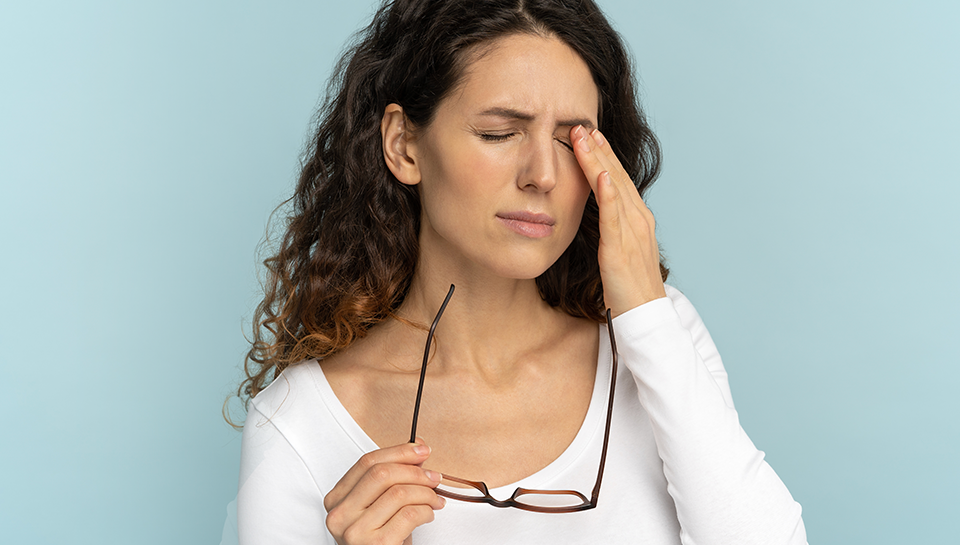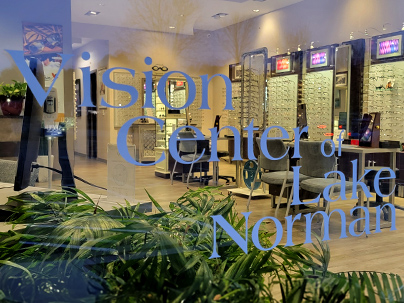Watery Eyes? The Cause May Surprise You
Blog:Watery Eyes? The Cause May Surprise You

Are your eyes constantly watery? If so, you may be surprised to learn that dry eye could be the underlying cause. It might sound strange, but it’s a common issue. In this blog post, we’ll explore the link between dry eye and watery eyes as well as some helpful tips for finding relief from our eye care specialists in Newton and Mooresville.
Understanding dry eye
Dry eye happens when your eyes don’t make enough tears, or the tears are of poor quality. It can occur for different reasons like hormonal changes, certain medications, or environmental factors such as dry air and air conditioning. People who spend a lot of time staring at screens, such as computer or phone screens, may also be at an increased risk of developing dry eye. Additionally, as we age, our eyes produce fewer tears, which can also lead to dryness.
When your eyes are dry, they may feel itchy or irritated, and you might notice some redness or a gritty feeling. But, surprisingly, another common sign of dry eye is excessive tearing, which can be uncomfortable and frustrating.
Why do dry eyes water constantly?
When your eyes are dry, your body tries to compensate for the lack of moisture by producing more tears. However, these reflex tears are different from your regular tears that keep your eyes moist and comfortable, and they won’t relieve dryness.
Additionally, other factors can also contribute to watery eyes. For example, allergies, infections, and irritants can all cause your eyes to water. In some cases, even the wind or exposure to bright lights can lead to watery eyes. But if your eyes are watery and you’re also noticing other symptoms like burning or itching, you should schedule an eye exam with an optometrist to see if you have dry eye.
Managing and treating dry eye syndrome
If you’re dealing with dry eye syndrome, the first step is to figure out what’s causing it so you can treat the underlying cause. Depending on the cause, your eye doctor might suggest over-the-counter eye drops, warm compresses, or lifestyle changes like taking breaks from screens or using a humidifier to add moisture to the air. Staying hydrated, eating a well-balanced diet, and wearing sunglasses on windy days may also help.
For severe cases, your optometrist may recommend prescription eye drops or medications to ease inflammation. Another option is light therapy, which gently warms and unclogs the tear glands in your eyelids to restore normal tear production.
If you’re experiencing watery eyes or any other symptoms of dry eye syndrome, our expert eye doctors in Newton and Mooresville can evaluate your symptoms and suggest the best treatment options to manage your symptoms. We specialize in diagnosing and treating dry eye and offer a range of treatments for our patients in Conover, Hickory, Claremont, Maiden, and the surrounding areas. Give us a call today to schedule your appointment.


